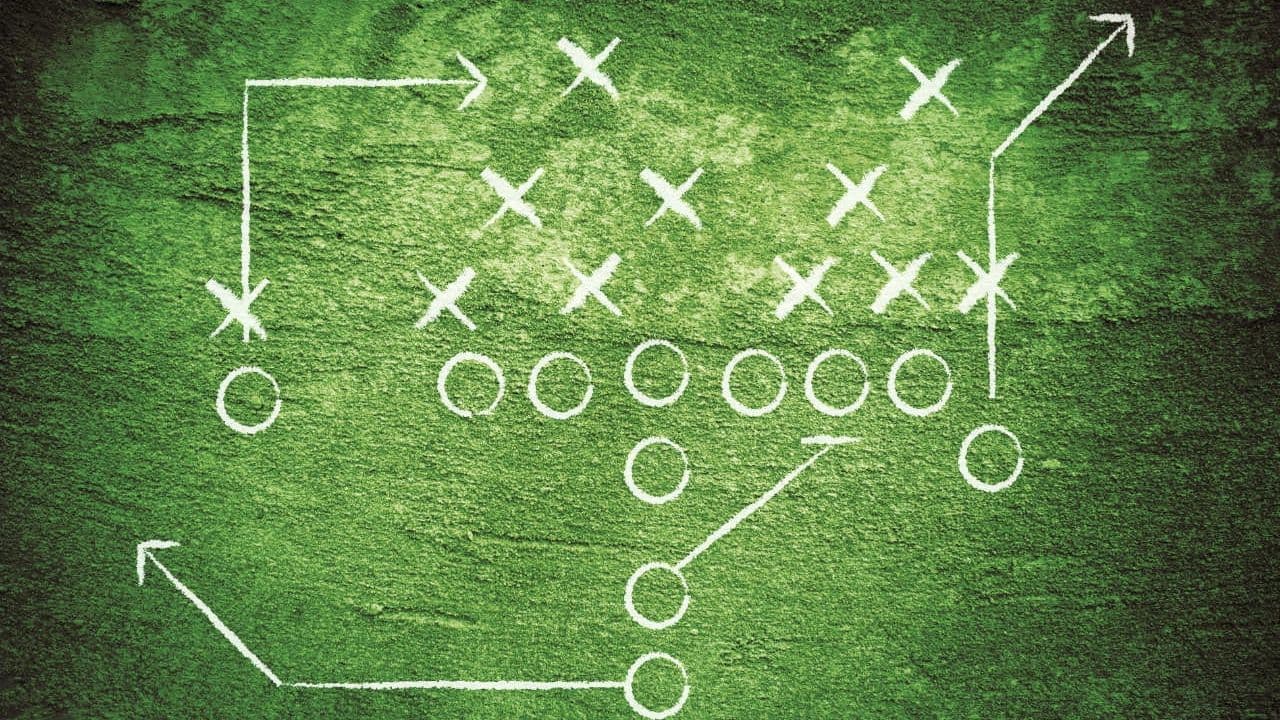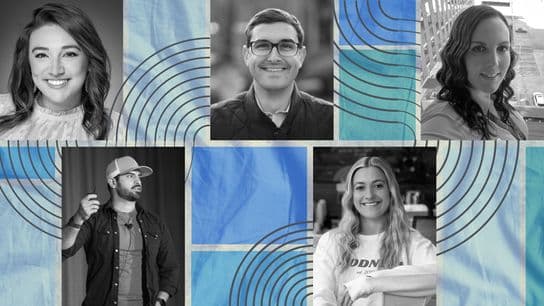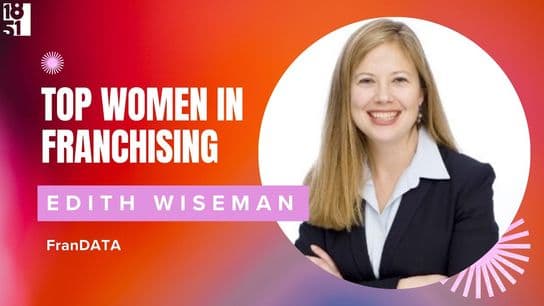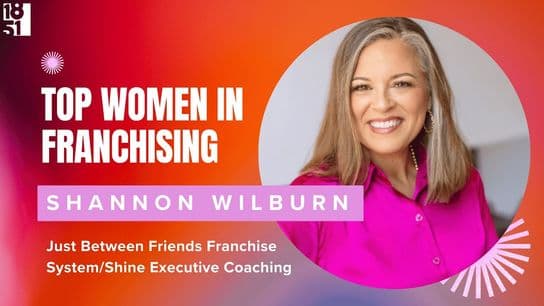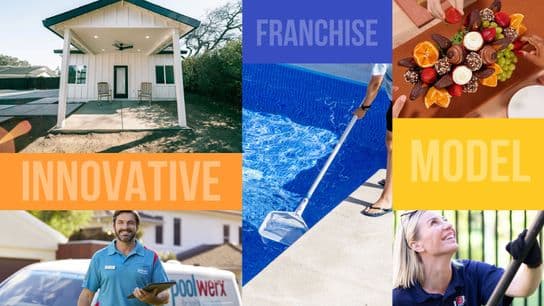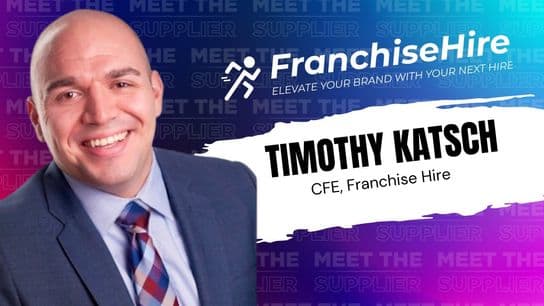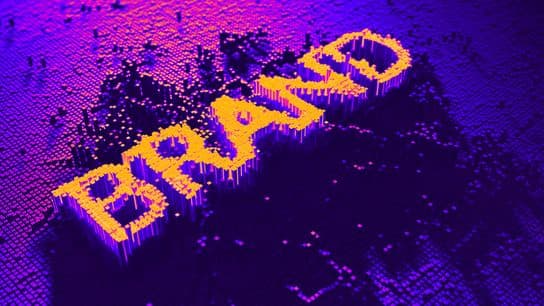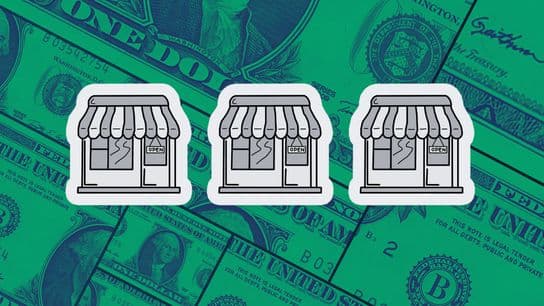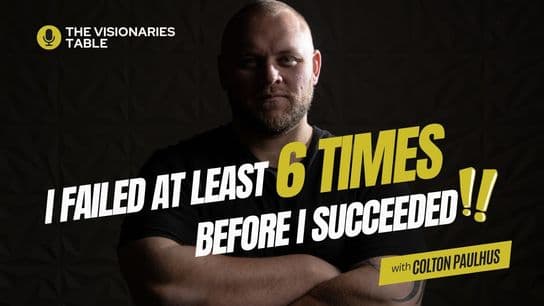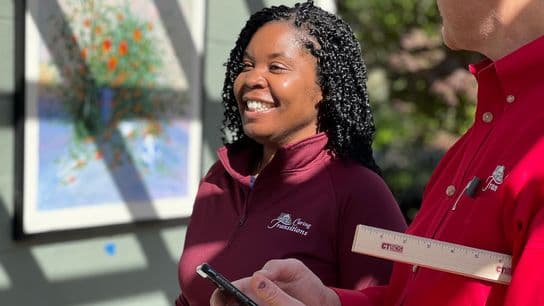What Franchise Executives Can Learn from Athletes and Their Coaches
While franchisors are a team’s owner, franchisees are the head coaches that keep the players moving forward.
On the outside, it seems like the franchising industry and the world of professional sports have nothing in common. But in reality, there’s a lot that franchisees and franchisors can learn from athletes and their coaches.
At their cores, both franchising and athletic organizations are built on proven systems. When a franchisee signs an agreement to open up a location, they’re given a playbook that they need to follow. That’s why Justin Griffith—a former NFL player and coach for teams like the Seattle Seahawks and Oakland Raiders—was drawn to the franchising industry over other business opportunities. By opening his own Famous Toastery restaurant, he was given the chance to use his skills off the football field.
“The NFL is incredibly structured. Your coaches give you schedules and playbooks that you have to follow, and those proven guidelines then carry you from training camp all the way through the end of the season. The same can be said for franchising,” said Griffith. “As a franchisee, my job is to follow the playbook that Famous Toastery has put together. That system is there for a reason, and having that support system gives me the confidence I need as I break into the business world.”
But the similarities between franchising and professional sports teams go beyond following a playbook. The roles franchisors and franchisees take on mimic that of a professional team. Franchisors act as a team’s owner—they oversee the big picture items that make a team into a strong brand. Franchisees, on the other hand, take on the role of head coaches. Their job is to learn everything there is to know about the system that the owner has already created, and then successfully carry it out through their team of employees.
That requires creating an environment that encourages leadership and fosters a positive environment. According to Griffith, those two things all come down to the people you welcome into your system, and how you capitalize on their experience.
“It’s all about getting the right people in the right places. Your team is never going to win if you have the wrong players taking on positions they aren’t trained for. That’s why it’s up to the coach—or the franchisee—to figure out where people’s skills and personalities will fit best in their business model,” Griffith said. “Coaches are also responsible for solving problems on the spot when things inevitably break down. No matter what happens with my employees or customers, I need to be ready to make a new game plan to ensure that mistakes aren’t being made twice.”
Much like a professional sports team, franchise executives need to work together with their franchisees in order to be successful. While local owners are ultimately in charge of their own businesses, the entire team needs to share the same passion for the brand’s overall performance.
“The best franchisees will run their location like a team that’s playing to win. You have to think big—I’m not just working to be the best franchisee in Famous Toastery’s system. I want to run the best restaurant in Charlotte,” Griffith said.
Griffith is far from the only professional athlete who has found success in franchising—just look at Peyton Manning’s relationship with Papa John’s, or LeBron James’ investment in Blaze Pizza. They won’t be the last players to make the jump—professional athletes are able to take the discipline and work ethic they’ve learned from their coaches and apply it into a business ownership venture. Because the models are so similar, it’s likely that the franchise industry will continue taking pages out of professional athletes’ and coaches’ playbooks.
